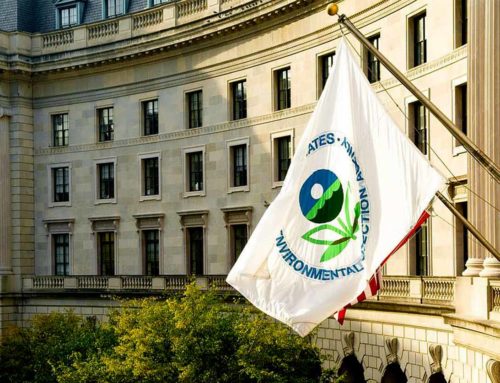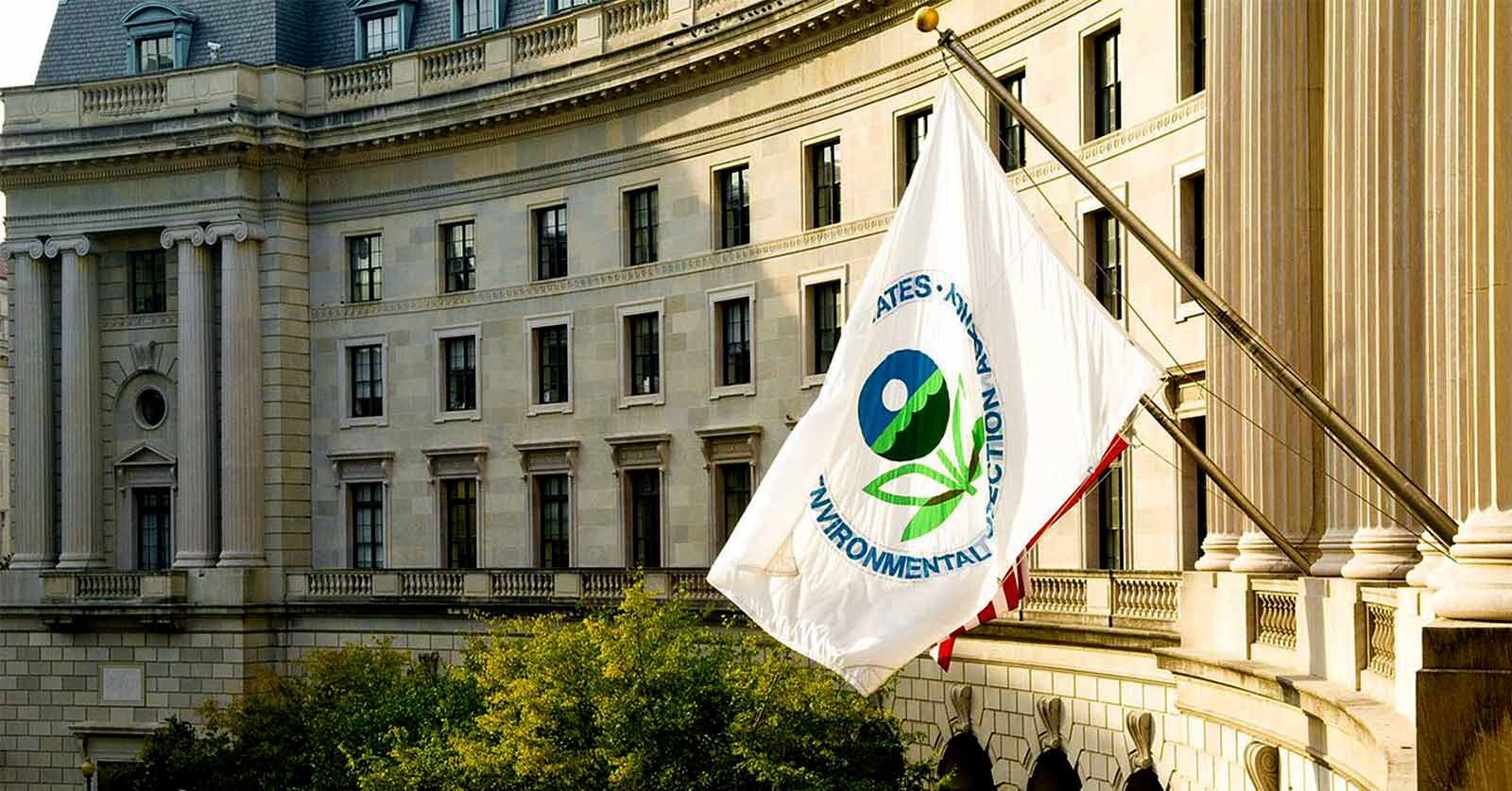The American Petroleum Institute claims more than a quarter of the state’s GDP came from the oil and gas industry. They don’t tell you how Wyoming missed out on more than $2 billion in oil and gas revenues over the past decade. That’s enough to cover the state’s entire annual general fund budget of $3 billion for the better part of a year.
Huge oil and gas companies producing on public lands pay below-market royalty rates, take advantage of outdated rental rates, and leverage a noncompetitive leasing process.
Together, these forgone oil and gas revenues represent costly missed opportunities for Wyoming and its residents.
My organization has analyzed the impact of the Interior Department’s lax policies and found they have cost Wyomingites billions of dollars that could have flowed into state and local coffers.
The largest source of lost revenue is the low 12.5-percent royalty rate Interior charges producers to develop oil and gas on federal lands. At 12.5 percent, the federal royalty rate, set in 1920, is less than the 18.75 percent the federal government charges for offshore drilling, and less than the 16.67 percent charged by the State of Wyoming for most new drilling on state lands.
Federal agencies could have collected $4 billion more (half goes to Wyoming) if Interior had been charging the 18.75 percent royalty rate it applies to federal offshore drilling.
Most oil-rich states charge even higher rates for extraction from their land. For instance, Texas charges 25 percent.
The Bureau of Land Management has also lost revenue for taxpayers by allowing oil and gas companies to lease federal land non-competitively without paying a bid for it at auction. About 37 percent of these noncompetitive leases nationwide are in Wyoming.
There’s more: if the rental rate for federal leases, set in 1987, had simply been indexed to inflation, taxpayers would have received $120 million more in revenue from Wyoming leases over the last decade.
Taxpayers not only lose out on forgone revenues, we also pay the cleanup tab left behind by some oil and gas companies because minimum bonding requirements haven’t been updated since the 1960s.
As our economy regains strength, Wyoming would benefit from the federal government applying common sense business and management practices to one of the world’s most profitable industries in history—oil and gas. This could be a golden opportunity for state lawmakers to advocate for better federal oil and gas leasing rules, particularly as the Interior Department conducts a review of these rules.
Oil and gas is a vital part of our energy portfolio, and it will be for years to come. Climate change and other costly environmental liabilities are adding up for U.S. taxpayers. We can’t afford to undervalue our nation’s resources by leasing them for bargain basement prices, and then be forced to clean up their mess afterward.
Let’s hope the Department of Interior can make important reforms for taxpayers that will benefit the country and the state of Wyoming.
Steve Ellis is president of Taxpayers for Common Sense and has worked on different areas of fiscal policy for more than 20 years. He lives in Washington DC and can be reached at steve@taxpayer.com














Get Social